# incometaxindi
12 posts in `incometaxindi` tag
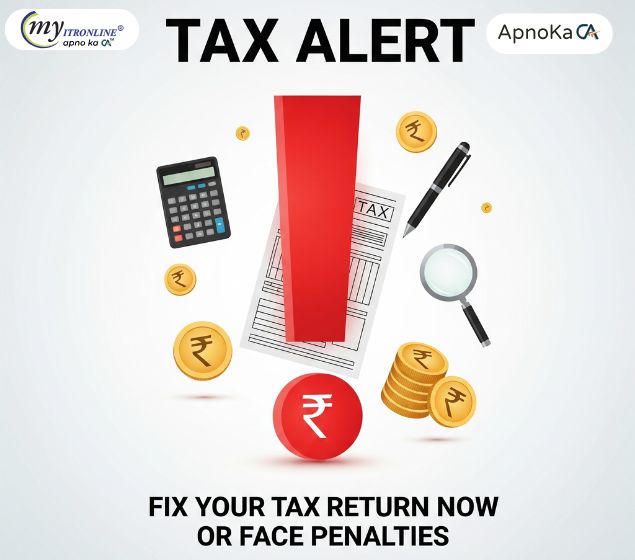
Tax Alert: Fix Your Tax Return Now or Face Penalties
The Income Tax Department has started a strict NUDGE campaign to catch fake donation claims in tax returns. This blog explains why warning messages are being sent, what you should do if you receive one, and how fixing your return now can help you avoid penalties and legal trouble.

Gift Tax Rules in India (Latest): Family Gifts, Limits & Exemptions
Gift tax rules in India can be confusing, but most family gifts are completely tax-free. This simple guide explains when gifts are exempt, who qualifies as a relative, the 50,000 limit for non-relatives, and how taxable gifts are calculated without legal jargon.
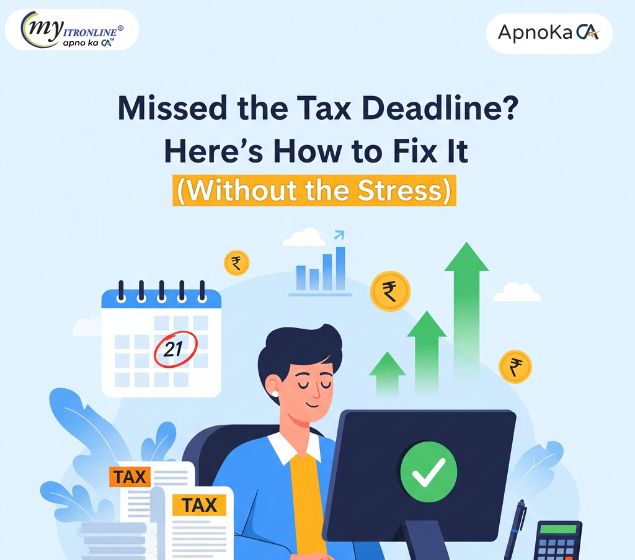
Missed the Tax Deadline? Here’s How to Fix It (Without the Stress)
Missed the July 31 tax due date? You can still file a belated return until December 31. Learn about the late fee, interest on unpaid tax, loss carry forward limits, and the easy step-by-step process to file and e-verify your return.
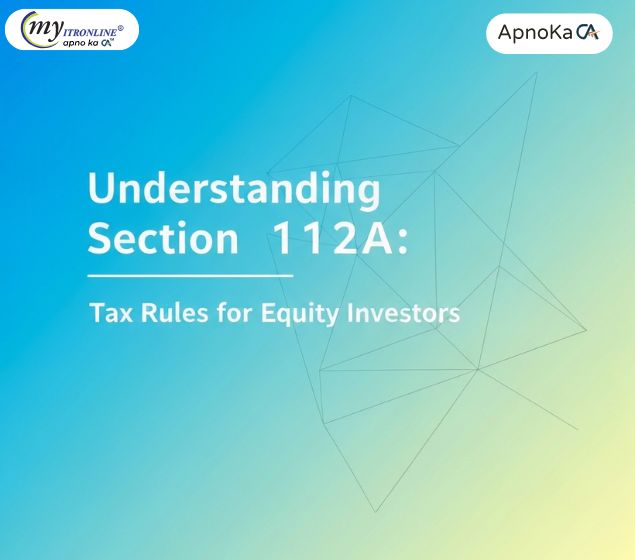
Understanding Section 112A: Tax Rules for Equity Investors
Section 112A of the Income Tax Act governs taxation of long-term capital gains on listed equity shares, equity-oriented mutual funds, and business trust units. It provides exemption up to 1,00,000 and levies 10% tax beyond that, without indexation benefit.
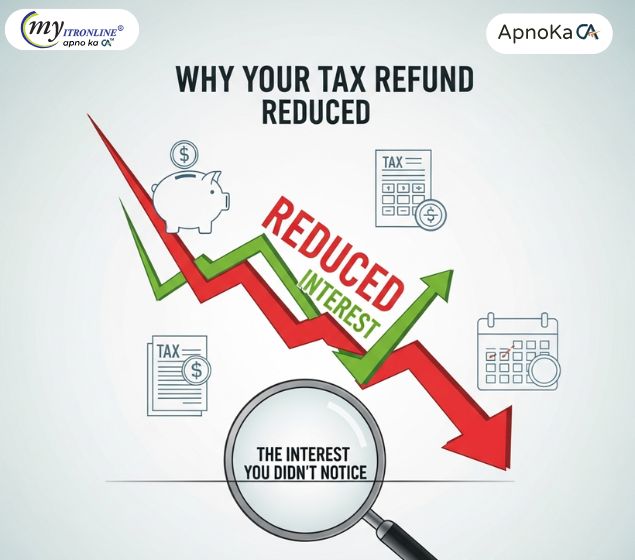
Why Your Tax Refund Reduced: The Interest You Didn’t Notice
This blog explains in simple language why taxpayers may have to pay extra interest if they delay filing their return, pay less tax during the year, or miss advance tax installments. It breaks down Sections 234A, 234B and 234C in an easy format and shares how timely payments can help avoid extra charges. If your final tax payable is less than ₹10,000, these rules normally do not apply.
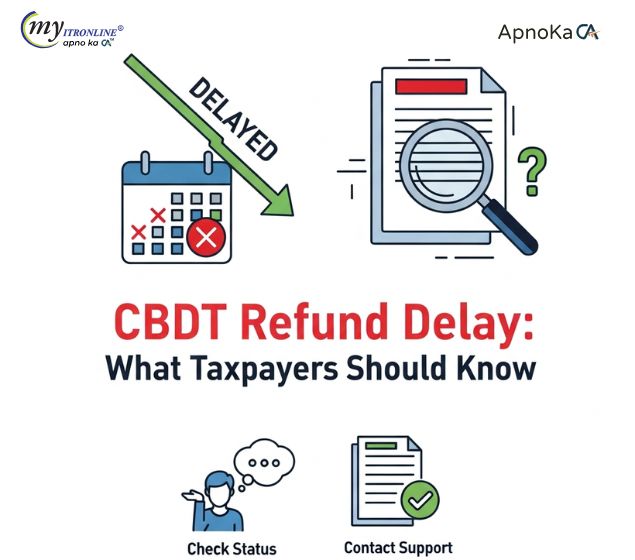
CBDT Refund Delay: What Taxpayers Should Know
There is no halt on refund processing by CBDT. Only high-risk refund claims are being held for verification, while smaller refunds are being processed normally. Most legitimate refunds are expected to be released by December.
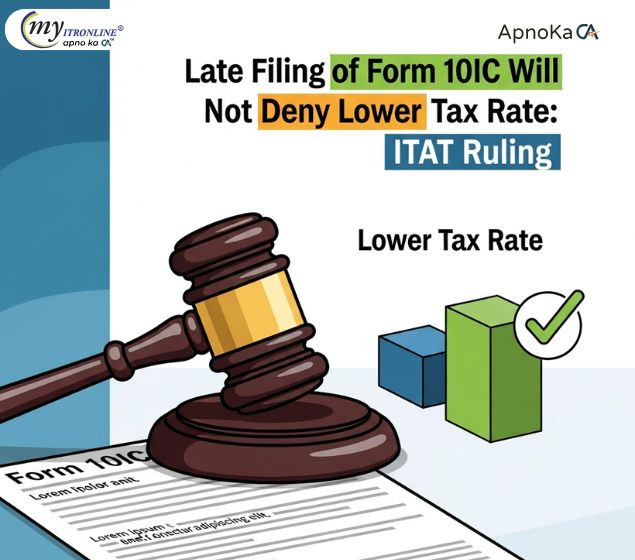
Late Filing of Form 10IC Will Not Deny Lower Tax Rate: ITAT Ruling
Mumbai ITAT has ruled that late filing of Form 10IC should not prevent eligible taxpayers from availing the concessional corporate tax rate under Section 115BAA. The order states that filing Form 10IC is a procedural requirement and the intent to opt for the new tax regime is more important.
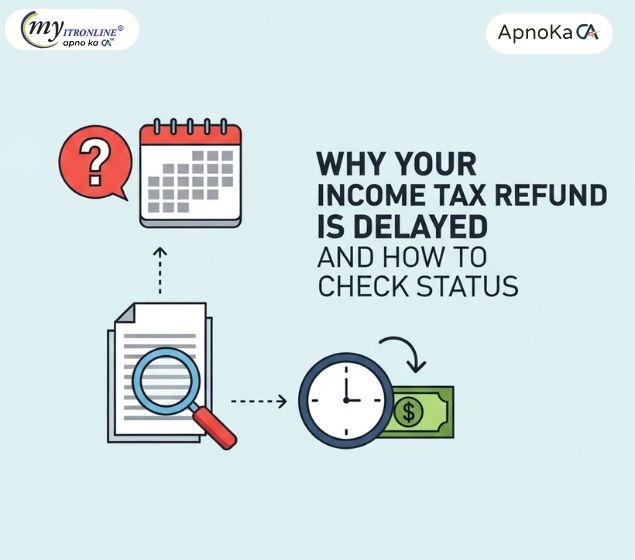
Why Your Income Tax Refund Is Delayed and How to Check Status
Many taxpayers are still waiting for their refund. This guide explains how to check your income tax refund status, why refunds get delayed, and simple steps you can take to fix the issue and receive your money soon.
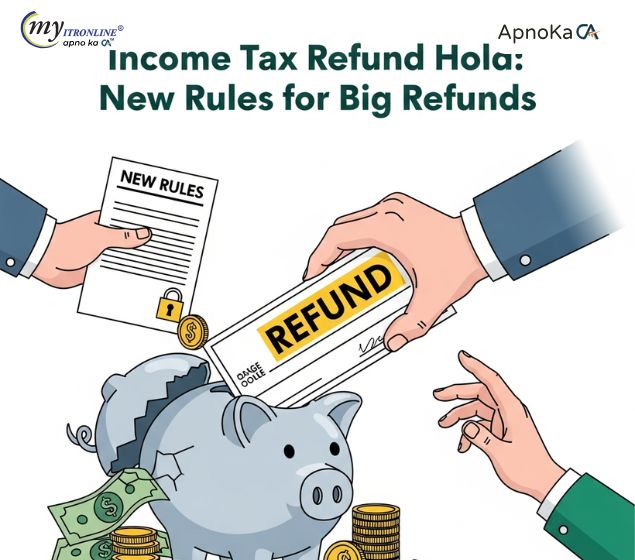
Income Tax Refund Hold: New Rules for Big Refunds
Many taxpayers in India are seeing a delay in income tax refunds, especially when the refund amount is high. The Income Tax Department is checking big refunds more carefully to stop wrong or fake claims. In this blog, you will understand in simple words why your refund is delayed and what you should do next.
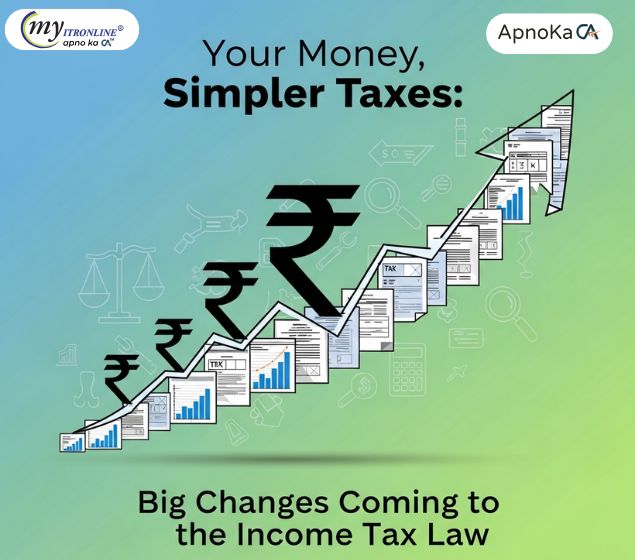
Your Money, Simpler Taxes: Big Changes Coming to the Income Tax Law
The Indian Income Tax Act is evolving rapidly. From the push for the New Tax Regime to AI-driven scrutiny and rationalized capital gains, discover the key trends and anticipated changes that could reshape your financial planning and compliance strategy in the coming years.
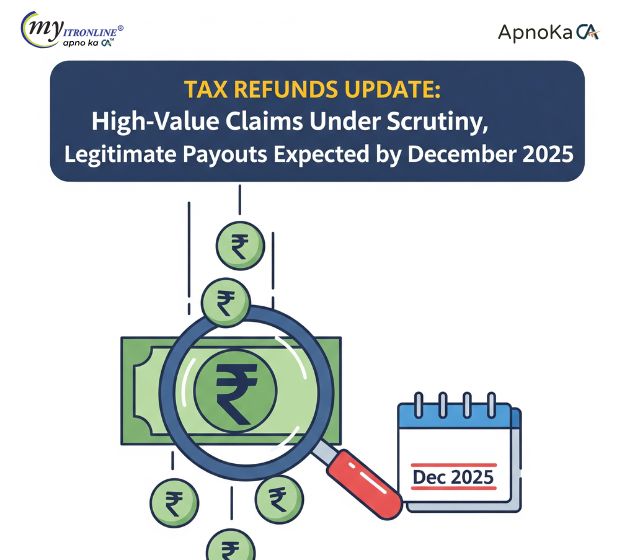
Tax Refunds Update: High-Value Claims Under Scrutiny, Legitimate Payouts Expected by December 2025
The Income-Tax Department is closely reviewing high-value refund claims flagged for potential discrepancies. While smaller refunds are already being processed, CBDT Chairman Ravi Agrawal has assured taxpayers that legitimate high-value payouts will be cleared by December 2025. Refund claims worth ₹2.42 lakh crore have been filed till November 10, showing an 18% drop from last year. The department has also increased appeal disposals by 40% and remains confident of meeting its ₹25.20 lakh crore direct tax collection target for FY26, supported by 6.99% growth. Leveraging AI-powered tools, the CBDT is enhancing compliance, monitoring taxpayer behavior, and identifying potential evasion
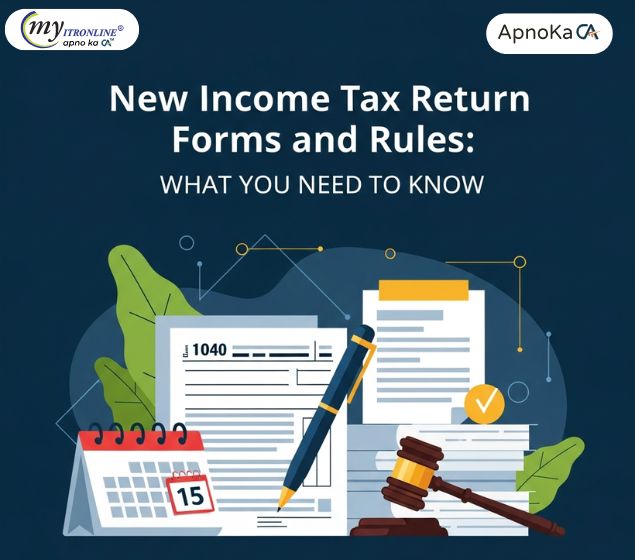
New Income Tax Return Forms and Rules: What You Need to Know
The government is set to introduce simplified income tax return forms under the Income Tax Act, 2025 by January 2026, replacing the long-standing Income Tax Act, 1961. These new forms aim to make tax filing easier, reduce compliance burdens, and improve transparency. Refunds are being processed, with larger claims expected by December 2025. The CBDT is confident of meeting its ambitious ₹25.20 lakh crore direct tax collection target for FY26, supported by strong growth. Taxpayers should prepare for the new system, which takes effect from April 1, 2026.
